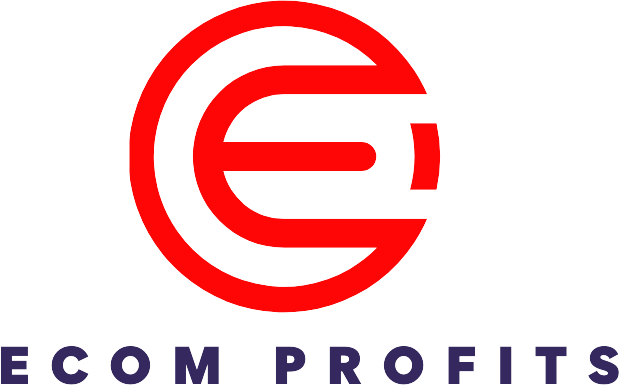There are many notable benefits of being self-employed. For example, having full control over the work that you do and being able to set your own schedule are among two of the most promoted benefits of this career move. However, there are many disadvantages that come with being self-employed as well.
One key disadvantage is that you’re fiscally responsible for your business and for your personal expenses, which can cause some individuals extreme stress. That being said, there are ways to successfully navigate these disadvantages to get the most out of your efforts. If you’re thinking about breaking away from the traditional 9-to-5 job or have already done so, here’s why you need to save more when you’re self-employed and how you can get started.

1. Paying for your monthly expenses relies on your business income.
Being an employee comes with the safety and stability of a regular paycheck. This makes it easy to budget for your monthly expenses and needs, ensuring that you have enough to cover all of your essential items each month. As someone who’s self-employed, however, you lose that stability. Instead, being able to afford your necessities relies on your business income (which is something that will be impacted by your business expenses as well).
Having money in the bank will be crucial if you experience low-income months. The problem? There’s a significant difference between the income of the average employee and the income of the self-employed, making traditional finance advice unhelpful. Instead of engaging in old habits, allot a certain percentage of your monthly for savings, develop an emergency fund so that you can afford your most important expenses, and keep a close eye on your savings for items like quarterly taxes and the other financial responsibilities that come with running a business.
That said, saving doesn’t end there. Saving more can also entail making smarter personal and financial decisions. Let’s imagine that you run a business where deliveries are essential. In a case such as this, car insurance can be seen as an expense when it’s truly a preventative measure that protects you from paying more in the event of an accident. In this example, there may be certain types of protections that are required, like compulsory third party (CTP) insurance. CTP insurance (also known as a green slip), is a type of insurance that provides compensation for any third parties that are injured or killed in an automobile accident (this can include drivers or pedestrians). Although many drivers may think they may never be involved in such an accident, having coverage ensures you’re adhering to the law and staying protected.
If you need CTP insurance but want to make sure you’re getting the best deal, using a CTP compare tool can help you find the best options for your current financial situation.
2. You need to be able to afford any items needed to successfully run your business.
Some self-employment is simple and requires few initial and recurring investments. For example, if you work from home, you may only have a few items and programs that you need to set up your business. However, if you were to start your own restaurant, you would need to pay for the building, your staff, the food, restaurant supplies, appliances, and so on. You would also need to have enough money set aside to pay for any additional products you’ve overlooked as well as any products that may break down over time. Having separate business savings accounts for these needs is vital.
Much like the above suggestion, saving doesn’t end with storing money away. You can also save money by finding great prices on pre-owned products by looking up “used restaurant equipment in Seattle” and finding local restaurant supply stores near you. Whether you’re looking to save on essential kitchen items like pots and pans, dinnerware and glassware for the dining areas, or even large appliances like stoves and dishwashers, there are plenty of excellent leases to own and direct sales opportunities that’ll help you save money and get your business started with ease.
3. You should be actively investing in your future.
Being self-employed means losing access to the many benefits that you would receive with traditional employment. For example, self-employed individuals do not have access to their employer-matched 401(k), which means that your retirement savings are entirely in your hands. As the owner of your business, it’s important that you save for your retirement by investing in options like a solo 401(k), a Roth IRA, or even a defined benefit plan. Although saving as a whole is necessary, saving with the future in mind is more so.
Being self-employed comes with certain risks that don’t exist with traditional employment. However, when you play your cards right, the rewards may be far greater. If you’re looking deeper into self-employment and aren’t yet aware of some of the financial risks, use the above guide to learn more about why you need to save and which key areas you should be focusing on.

